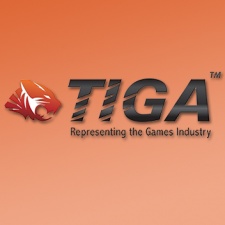UK trade association TIGA is calling for greater ties between academic centres and games development incubators, claiming clusters of development excellence need to be forged if Britain is to take on the world.
The body has proposed the launch of Regional and National Game Development Incubators to be formed in connection with academia and areas with a strong startup scene, citing existing successes such as Cambridge in the UK and Silicon Valley in the US.
The idea is to bring together talent and business expertise more easily, helping creatives, academics and business specialists connect at a local level.
Better together
TIGA claims its own research suggests 44 percent of UK games companies were started up in the last two years. In order to function, these studios "needs the support of a local, relevant business community, and close proximity to the brightest graduate talent, if they are to maximise their potential."
The body's proposal focuses on building up a network of 12 universities across the UK that works with a regional or national game development incubator (GDI) for startups. The two sides would come together to accumulate "expertise in research and enterprise, as well as access to skilled graduates."
The proposal focuses on building up a network of 12 universities across the UK.
Open to student and non-student startups, the GDIs would link together development talent with external funders, local enterprise partnerships and, where needed, Government bodies across the UK and EU to open the doors to finance.
"Creative clusters of games studios have historically emerged across the United Kingdom including Birmingham, Brighton, Cambridge, Dundee, Edinburgh, Glasgow, Guildford, Leamington Spa, Leeds, Liverpool, London, Manchester, Newcastle, Oxford, and Sheffield. North and South Wales have also seen spontaneous creation of new clusters in recent years," details TIGA.
"Other European countries are already provided concentrated support for start-ups.
"For example, the Dutch Game Garden, an initiative in the Netherlands, provides support for over 45 start-up game development studios. Similarly, the AppCampus, a mobile application accelerator program managed by Aalto University in Espoo, Finland, provides funding, coaching and go-to-market support."
Sustainability
TIGA claims 10 of its University and College members have already backed the proposal, with CEO Dr. Richard Wilson claiming GDIs tied to centres of academia are about serving up sustainable growth in the games industry across the UK.
"The reputation of UK higher education would be enhanced, with participating institutions demonstrating strong support from the games industry and to the wider economy," added Wilson.
"This could serve to strengthen the appeal of the universities involved to overseas students as well. The reputation of the UK as a centre for game development would be given an important boost."





















